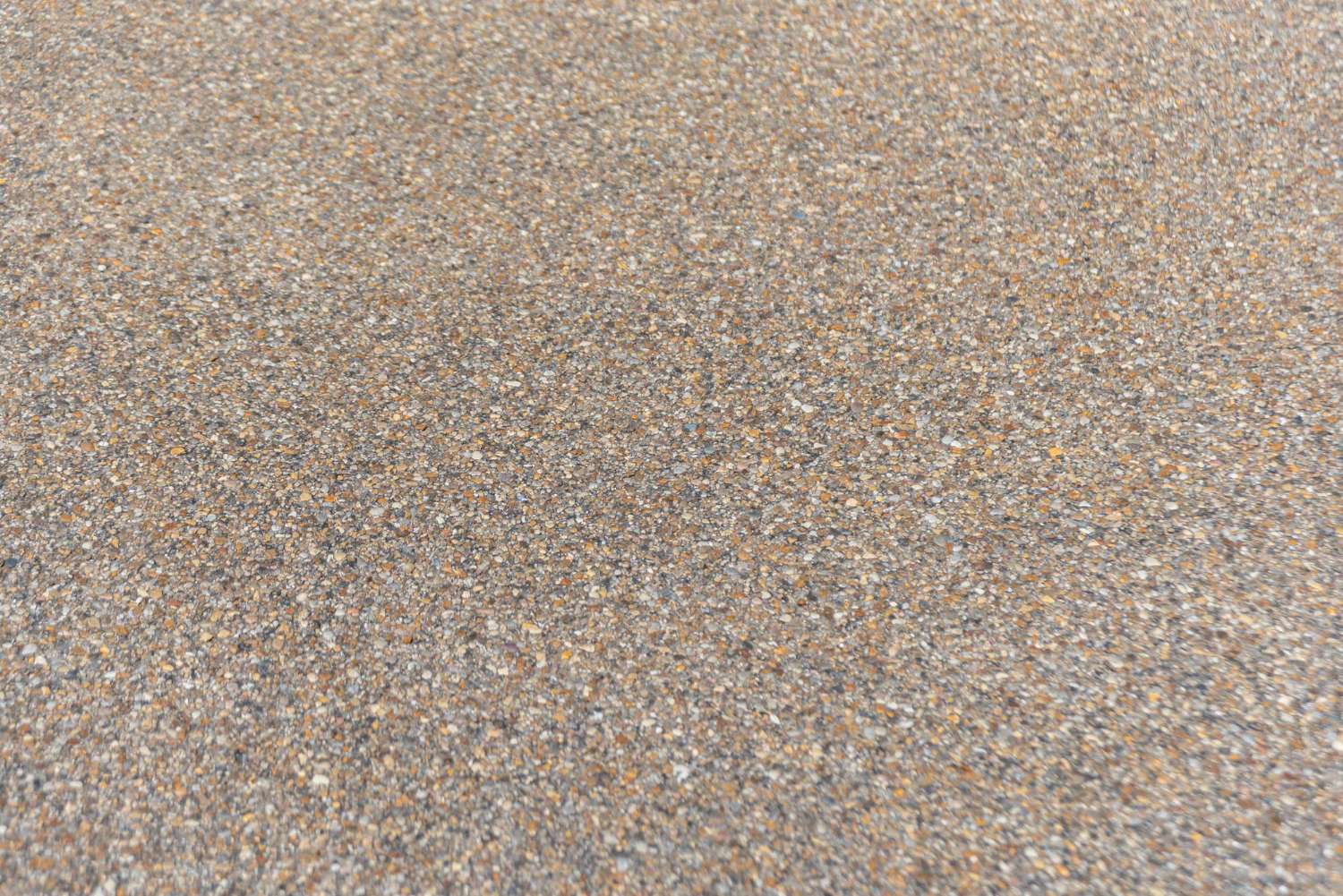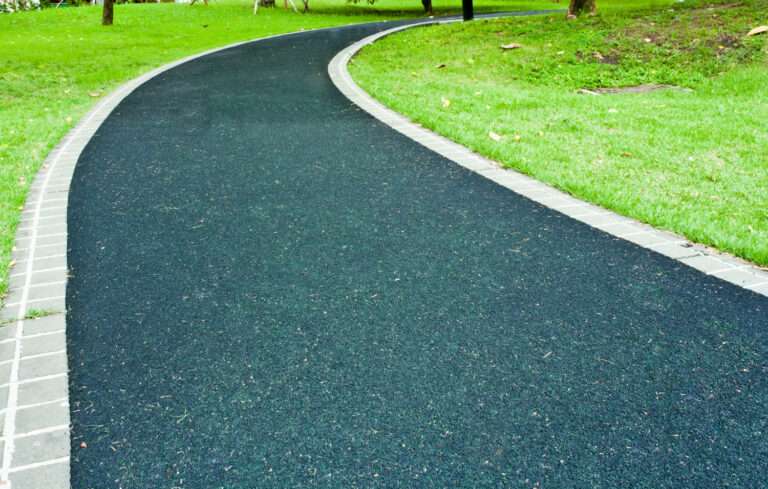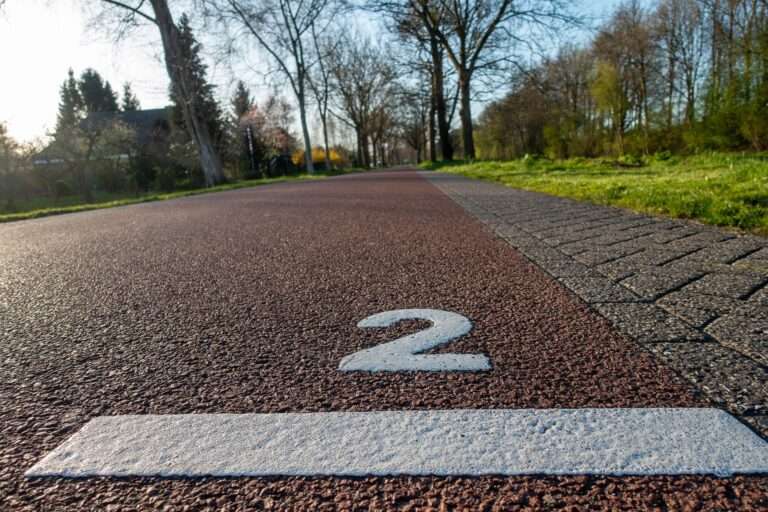Resin Bound Driveways Explained: Benefits, Costs, and Design Ideas
Most people don’t think twice about their driveway until it starts crumbling or looks tired. Then comes the big question: what surface do you choose? Tarmac? Block paving? Gravel? There’s another option that’s been gaining ground across the UK — the resin bound driveway. It’s smart, durable, and surprisingly versatile. But what exactly is it, what does it cost, and does it really live up to the hype?
What is a Resin Bound Driveway?
A resin bound driveway is made by mixing natural aggregate (stone) with a specialist clear resin. The blend is then trowelled onto a prepared base to create a smooth, seamless finish.
The result? A surface that’s strong enough for vehicles, looks neat, and lets water drain through rather than pooling on the surface. Unlike loose gravel, it won’t scatter everywhere, and unlike block paving, there are no weeds creeping up between the joints.
It’s not to be confused with resin bonded driveways (which scatter stone onto a resin layer). Those look similar at first glance but aren’t fully permeable and don’t have the same lifespan.
If you want the technical detail, there’s more on the Resin Bound & Bonded Surfacing page.
Why People Choose Resin Bound
I’ve noticed more of these driveways in suburban streets and new builds lately. They stand out because of their colour and smoothness — no patched tarmac, no sinking slabs. But beyond looks, there are practical reasons:
- Permeability: Rainwater drains through into the ground. That means less chance of puddles or ice sheets in winter.
- Low maintenance: An occasional jet wash and maybe a sweep — that’s it.
- Durability: When installed properly, they last 15–20 years.
- Design choice: Dozens of colours, from natural browns to sleek greys.
One thing people don’t always realise is that resin bound surfaces can tick the box for Sustainable Drainage Systems (SuDS). That’s useful in places where planning rules get twitchy about impermeable surfaces.
Resin Bound Driveway Costs (UK Guide)
Money. The bit most people really want to know. Prices vary, but there are some typical ranges.
| Driveway Size | Typical Price per m² | Approximate Total Cost |
|---|---|---|
| Small (20m², e.g. single car) | £60 – £80 | £1,200 – £1,600 |
| Medium (50m², two cars) | £55 – £75 | £2,750 – £3,750 |
| Large (100m², multi-car) | £50 – £70 | £5,000 – £7,000 |
A couple of things to note:
- Prices are lower per square metre for bigger driveways, simply because labour and setup costs spread out.
- Location makes a difference. Expect London and the South East to be pricier than, say, Derbyshire or the North East.
- Base preparation matters. If your existing drive needs excavation, drainage, or a new sub-base, that can double the price.
So when you see a “resin bound driveway price” online, treat it as ballpark until someone’s had a proper look at your site.
Is It Worth the Money?
Depends what you value.
If you just want the cheapest possible drive, resin isn’t it — a straight concrete pour will be less. But if you want something that looks polished, stays neat, and adds kerb appeal, resin bound makes sense.
I’d argue it can even help house value. A smart front drivespace gives a first impression that sticks. And because it looks contemporary, it fits well with both modern new builds and older homes that need refreshing.
Design Ideas for Resin Bound Driveways
Here’s where it gets interesting. Because the surface is trowelled, you can play with patterns, borders, and colour mixes. A few ideas I’ve seen work well:
- Contrasting borders: Dark grey edging around a pale stone centre.
- Curved pathways: Flowing lines rather than rigid shapes.
- Blended aggregates: Two or three shades mixed for a natural stone effect.
- Logos or house numbers: Yes, people do this — resin lets you set shapes in the surface.
Resin also pairs nicely with other landscaping. Brick walls, slate chippings, modern planters — it ties everything together in a way plain concrete never does.
Common Questions
How long does installation take?
Usually 2–3 days for a typical driveway. Longer if the base needs rebuilding.
Can it crack?
Rarely. The resin is flexible compared to concrete. But if the base moves or wasn’t done properly, cracks can appear.
What about weeds?
Because the surface is sealed and joint-free, weeds don’t have easy entry points. You might get the odd one at the edges, but not through the drive itself.
Does it fade in the sun?
Modern UV-stable resins are designed not to yellow or discolour, though very pale stones can darken slightly when wet.
Downsides (because there are always some)
It’s not perfect. Resin bound surfaces can be slippery if moss builds up, though that’s true of most driveways. Costs are higher than gravel or plain tarmac. And not every installer does it properly — cutting corners on the base layer leads to problems later.
So, do your homework when choosing a contractor. Cheap often means trouble.
Conclusion
Resin bound driveways are one of those upgrades you only really notice once you’ve seen them in the flesh. They’re neat, durable, and give a house a polished look. Yes, they’re pricier than the basic options, but they can pay back in reduced maintenance and added kerb appeal.
If you’re weighing up whether it’s worth it, I’d say resin bound is a “buy once, buy well” choice. And if you like the idea of design freedom — borders, colours, patterns — it’s hard to beat.
Killingley Insights is the editorial voice of NT Killingley Ltd, drawing on decades of experience in landscaping, environmental enhancements, and civil engineering projects across the UK.








